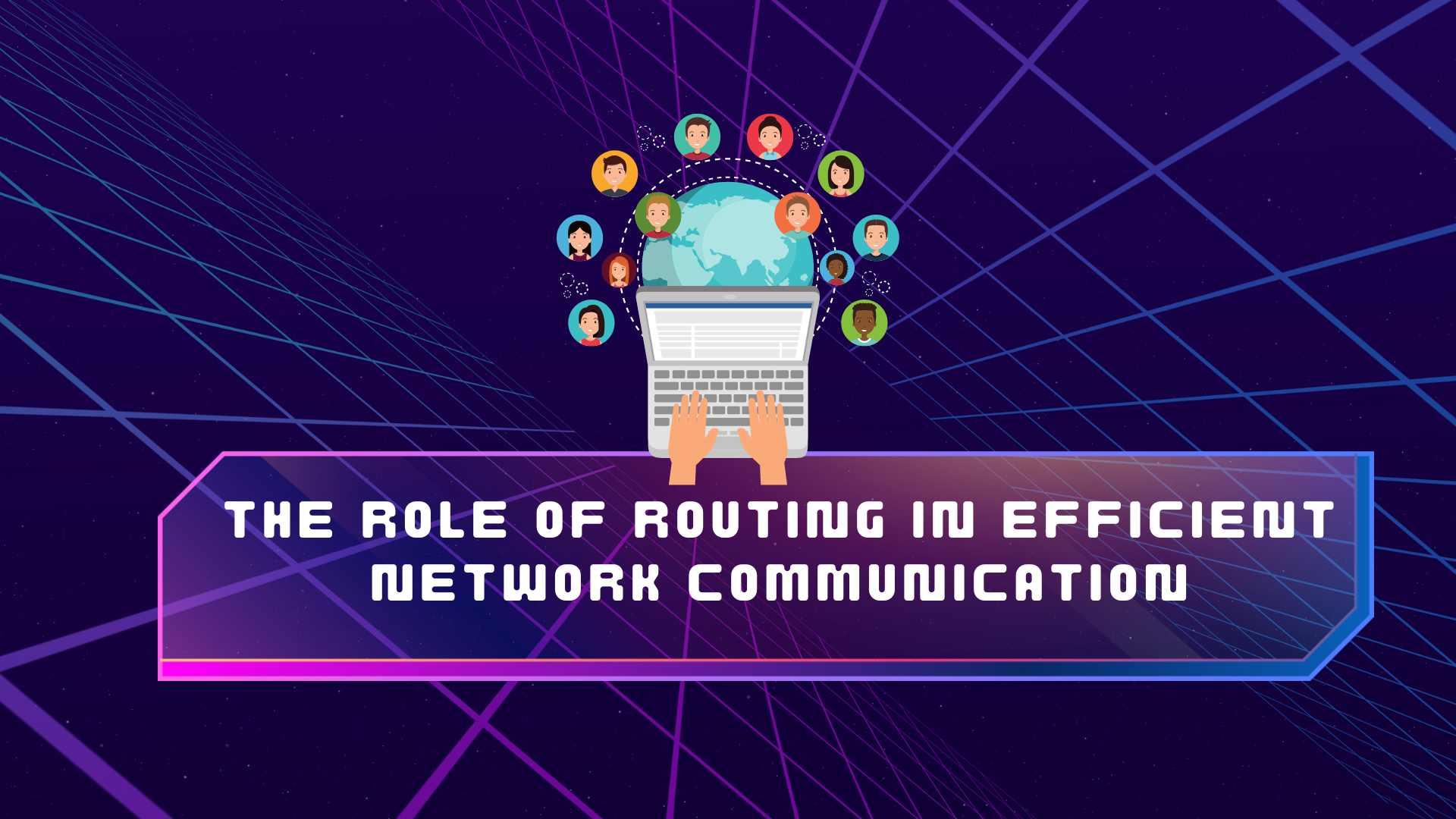When it comes to networking and DNS, there are a variety of different record types that can be used to help map domain names to IP addresses. One of these record types is the SRV record, which is designed specifically for use with service discovery protocols. SRV records provide a way for clients to locate a particular service or server, based on the specific protocol and port number that the service is using.
However, while SRV records can be a powerful tool for service discovery, there are often routers that are not able to resolve these records. In this blog post, we’ll explore why this is the case, and how home users can work around these issues to ensure that their network is able to properly resolve SRV records.
What are SRV Records?
Before we dive into the issue of routers not being able to resolve SRV records, let’s first take a closer look at what SRV records are and how they work.
An SRV record is a DNS record type that is used to identify a particular service or server within a domain. The record contains information about the specific protocol and port number that the service is using, as well as the hostname of the server that provides that service. This allows clients to locate the correct server for a given service, even if that server is located on a different network or domain.
For example, let’s say you’re using an instant messaging client that supports the XMPP protocol. When you first start up the client, it will query the DNS server to find the SRV record for the XMPP service. This record will contain information about the specific server that provides the XMPP service, including the hostname and port number that the server is using. The client can then use this information to connect to the server and start using the XMPP service.
Advantages of SRV Records
So why use SRV records instead of other types of DNS records? There are several advantages to using SRV records for service discovery:
- Flexibility: SRV records can be used to identify any type of service or server, not just web servers. This makes them a powerful tool for discovering a wide range of network services.
- Scalability: Because SRV records are based on DNS, they can be easily scaled to handle large and complex networks.
- Load Balancing: SRV records can be used to distribute traffic across multiple servers, making them ideal for load balancing.
- Redundancy: Because SRV records can be used to locate servers on different networks or domains, they can provide a level of redundancy that other types of DNS records cannot.
Disadvantages of SRV Records
While SRV records can be a powerful tool for service discovery, there are also some disadvantages to using them:
- Lack of Support: Not all clients and applications support SRV records, which can limit their usefulness.
- Complexity: Because SRV records are more complex than other types of DNS records, they can be more difficult to set up and configure.
- Network Issues: SRV records rely on the DNS server to properly resolve them, which means that network issues can sometimes cause problems with resolving these records.
Why Do Some Routers Not Resolve SRV Records?
With that background in mind, let’s turn our attention to the issue of routers not being able to resolve SRV records. There are a few reasons why this can be the case:
- Lack of Support: As we mentioned earlier, not all clients and applications support SRV records. The same is true for routers – some routers simply do not support resolving SRV records.
- Configuration: Some routers may be configured to prevent the resolution of certain types of DNS records, including SRV records. This could be due to security policies, firewalls, or other network settings.
3. DNS Server Issues: Routers rely on DNS servers to resolve domain names to IP addresses, including SRV records. If the DNS server being used by the router does not support SRV records or is not configured to resolve them, the router will not be able to resolve those records.
- Network Issues: In some cases, there may be network issues that prevent the router from resolving SRV records. This could be due to a variety of factors, such as poor network connectivity, misconfigured network settings, or other technical issues.
How to Fix the Issue of Routers Not Resolving SRV Records
So what can you do if you’re experiencing issues with your router not being able to resolve SRV records? Here are some steps you can take to address the problem:
- Check Router Compatibility: The first step is to check whether your router supports resolving SRV records. You can usually find this information in the router’s documentation or by contacting the manufacturer. If your router does not support SRV records, you may need to consider upgrading to a newer model that does.
- Check Router Configuration: If your router supports SRV records but is still not resolving them, you may need to check the router’s configuration settings. Look for any settings that might be preventing the router from resolving certain types of DNS records, such as firewalls or security policies.
- Check DNS Server Configuration: If your router is properly configured but still cannot resolve SRV records, you may need to check the configuration of your DNS server. Make sure that the DNS server is configured to resolve SRV records and that it is properly communicating with the router.
- Use a Different DNS Server: If you’re still having issues with resolving SRV records, you may want to consider using a different DNS server. There are a variety of different DNS servers available, and some may be better suited to resolving SRV records than others.
- Use a Third-Party Service: Finally, you can consider using a third-party service to help resolve SRV records. There are a variety of different services available that can help you locate the correct server for a given service, even if your router is not able to resolve SRV records on its own.
SRV records can be a powerful tool for service discovery, but there are often routers that are not able to properly resolve these records. The reasons for this can vary, from lack of support to configuration issues to network problems. If you’re experiencing issues with your router not being able to resolve SRV records, there are a variety of steps you can take to address the problem, from checking router compatibility to using a third-party service. By taking these steps, you can ensure that your network is able to properly discover and connect to the services you need.




